Nakayama is in between Narita And Haneda International Airport
<クッキーについての同意並び欧州居住者向けプライバシーポリシー>
中山・下総・散歩道
Soyasan Horenji Temple
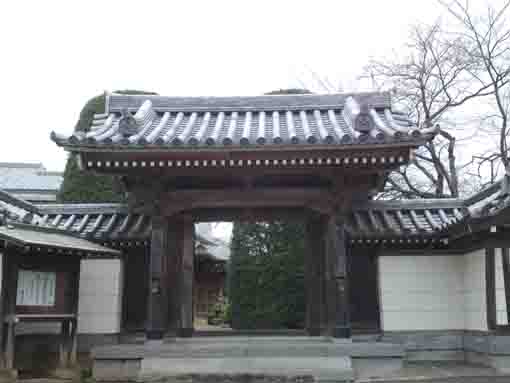
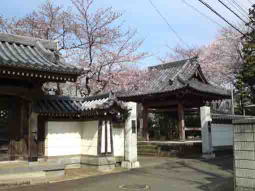
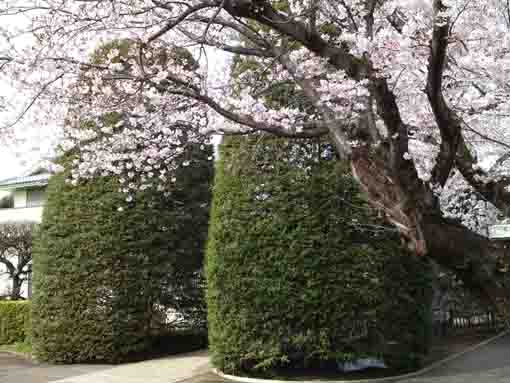
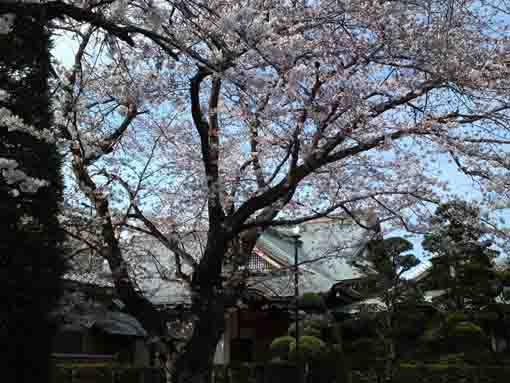
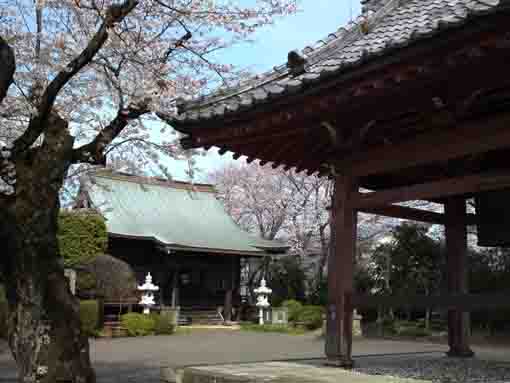
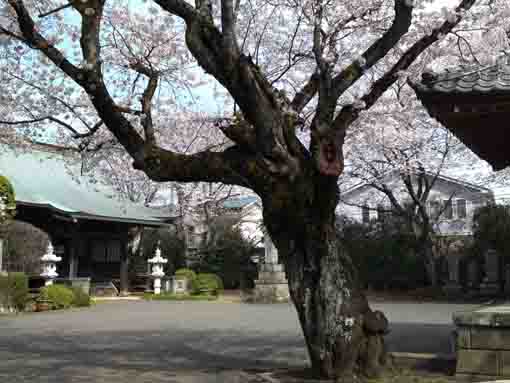
Soyasan Horenji Temple belonging to Nichiren Shu stands at a height called Tonodai area in Ono-cho Ichikawa-shi. This old temple has two branch temples 'Jugyoin' and 'Enkoin' and long white walls connecting to the Sanmon Gate, they show its long history. Norinobu Soya, one of the first great supportes of the Founder Nichiren, built this temple.
Soya Family who was a relative of Chiba Family, the provincial governor of Shimousa, owned Soya area in Ichikawa-shi. Since Kencho Era from 1249 to 1255, he and his co-workers Jonin Toki and Noriakira Ota believed in Nichiren and Nobunori built a small temple in his castle in Soya in 1260. He named the temple after 'Rissho Ankoku Ron' written by Nichiren. In the same year, Nichiren got fired at Matsubagaya in Kamakura by Kamakura Shogunate, and he escaped to Wakamiya and stayed.
Later Norinobu became a priest and was given his Buddhist name Horen Nichirei by Nichiren. After that he built another temple in Ono Ichikawa to work for his mission. He named the temple Soyasan Horenji Temple after his Buddhist name. He passed away in May 1st of 1291. Horenji temple has very long history since Nichiren Shu was born.
Moreover, Horenji Temple has a legend connecting to Masakado Taira, one of the great samurais in Kanto region dedicated at Komagata Grand Shrine that has been faithfully worshipped by people in Ono. The legend said, once upon a time, one night, a priest in Horenji Temple saw three samurais on horsebacks near his bedside. The samurais had said 'if you dedicate us as gods, we will become your guardian deities to protect you from any problems forever.' Then they ran to east. One of their horse was white. Next day, the priest found the footprints of the horses and he thought it was real. Then he followed their tracks and he finally reached at a wood. The priest told this story to villagers near the temple. The villagers said, 'It must be Masakado Taira'. Then they cut a way through the wood and built a small shrine there. This was the origin of Komagata Grand Shrine. Now the principle image of this shrine is a white horse.
Soyasan Horenji Temple standing on Ono has long history started at the beginning of Nichiren Shu and the legend of Masakado Taira and the beginning of Komagata Grand Shrine.
In spring, there are many cherry blossoms blooming beautifully in the temple.
Why don't you visit Soyasan Horenji Temple?
引用、抜粋並びに参考
長谷山安国寺前案内板
市川市ホームページ
駒形大神社参道前案内板
江戸名所図会6 ちくま学芸文庫
改訂新版市川のむかし話
The Map to Soyasan Horenji Temple
Soyasan Horenji Temple
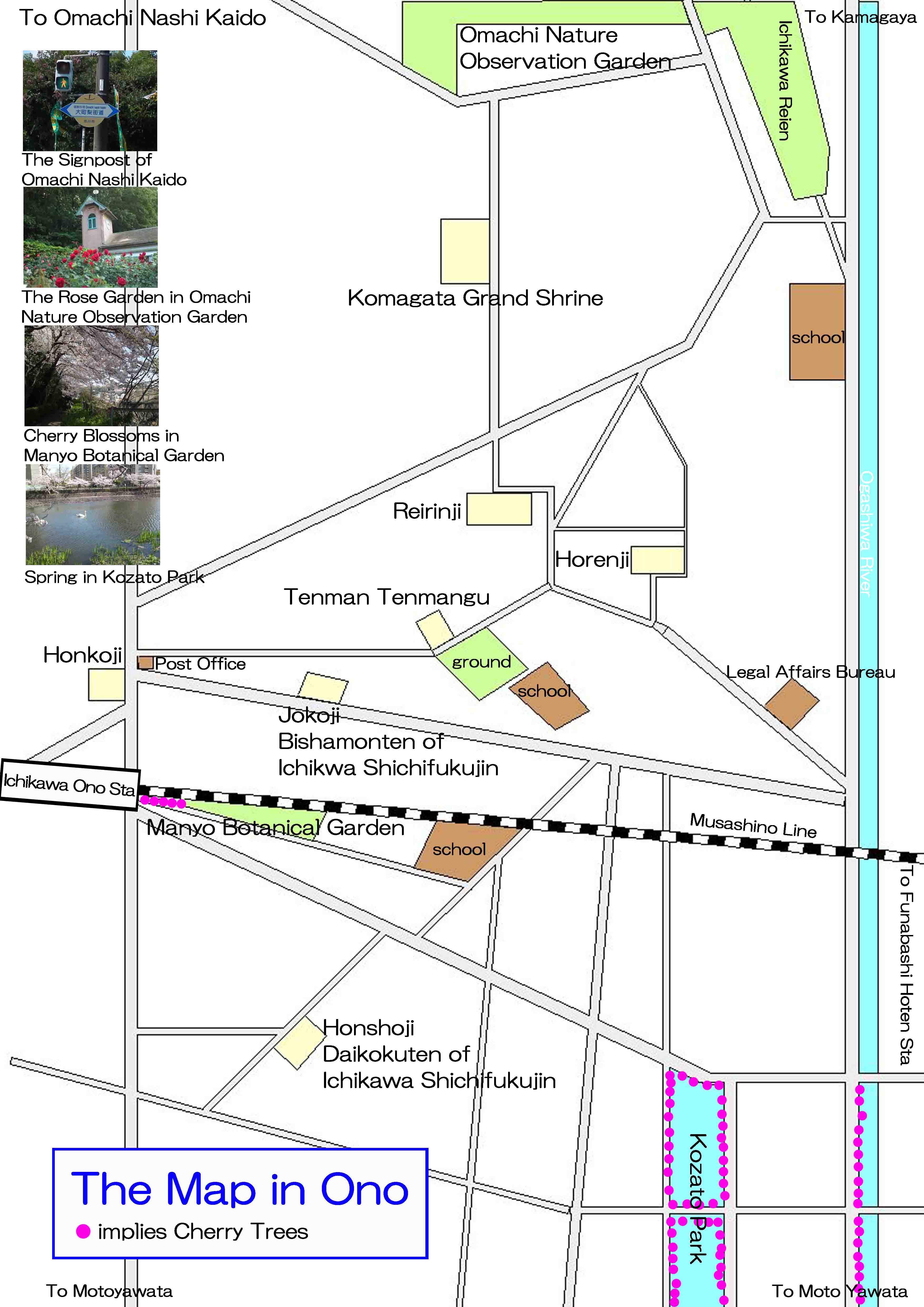
The map of the noted spots near Ichikawa Ono Station
PDF of the map of the landmarks near Ichikawa Ono Station- 4-2946 Ono-cho, Ichikawa-shi, Chiba-ken
- Soyasan Horenji Temple has great accessibilities from both Narita and Haneda International Airport.
- From Narita International Airport, take JR Sobu-express line, transfer the line at Nishi-funabashi to Musashino Line bound to Fuchuhoncho or Higashi Tokorozawa, get off Ichikawa Ono Sta. And also take Hokuso Line, transfer the line at Higashimatsudo to Musashino Lline, get off Ichikawa Ono Sta. It takes minimally 50 minutes from Narita Airport.
- From Haneda International Airport, take Keikyu-line bound to Narita, transfer the line at Takasago Sta to Hokuso Line, and transfer the line at Higashi Matsudo Sta to Musashino Line, get off Ichikawa Ono Sta. It takes almost 1 hour from Haneda Airport.
- From Tokyo Sta, take Musashino Line bound to Fuchuhoncho or Higashi Tokorozawa, get off Ichikawa Ono Sta. It takes about 28 minutes from Tokyo Sta.
- From Akihabara Sta, take Sobu line bound to Chiba, Tsudanuma or Nishi Funabashi, Ttransfer the line at Nishi Funabashi to Musashino Line bound to Fuchu Honcho or Higashi Tokorozawa, get off Ichikawa Ono Sta.
- Take 14 minute walk from Ichikawa Ono Sta.
The Landmarks near Soyasan Horenji Temple
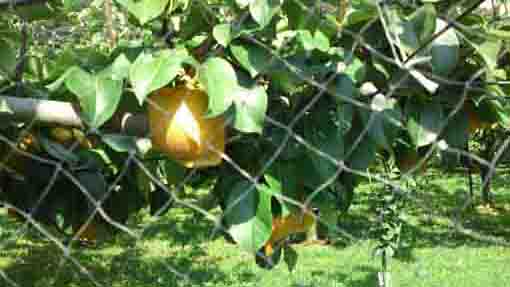
Omachi Nashi Kaido
Omachi and Ono have many pear gardens, pears are their special products.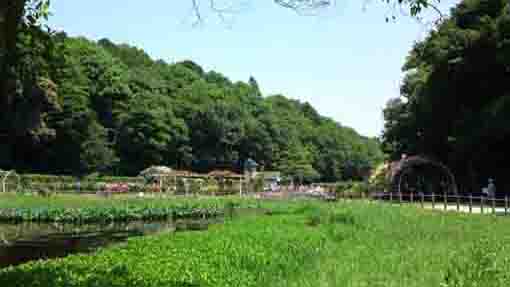
Omachi Nature Observation Garden
It has the Rose Garden and the Village of Maple Trees.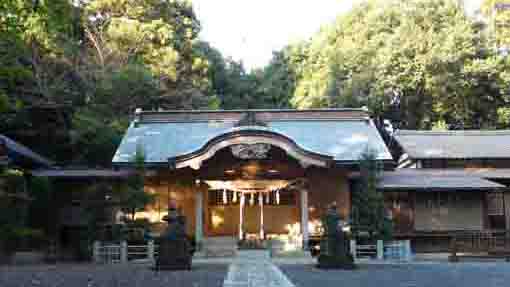
Komagata Grand Shrine
It has a legend connecting to Masakado Taira and it dedicates him.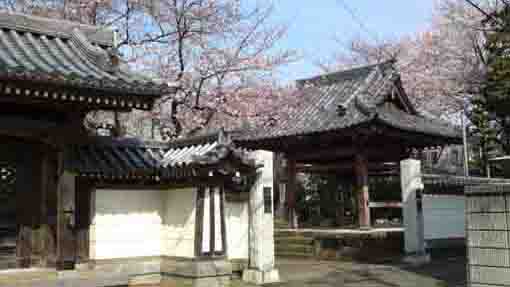
Soyasan Horenji Temple
It was built by Norinobu Soya and has a legends of Masakado Taira and Komagata Grand Shrine.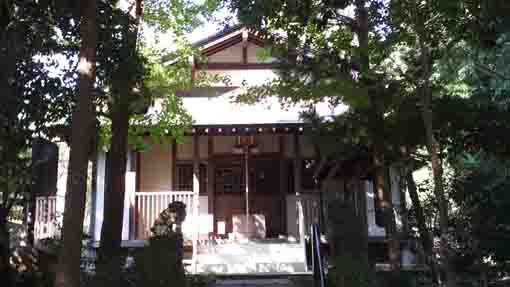
Tenman Tenmangu Shrine
It was built by Masakado Taira, one of the mot famous samurai heroes in Kanto.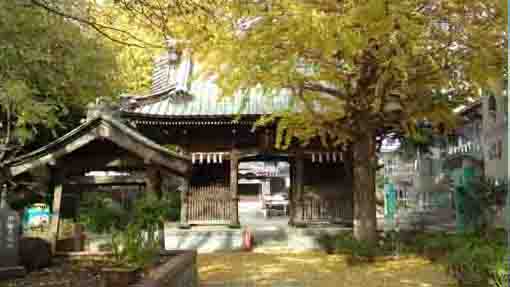
Onosan Jokoji Temple
It was famous for the statue of Chichinashi Nio and it belongs to Shichifukujin in Ichokawa.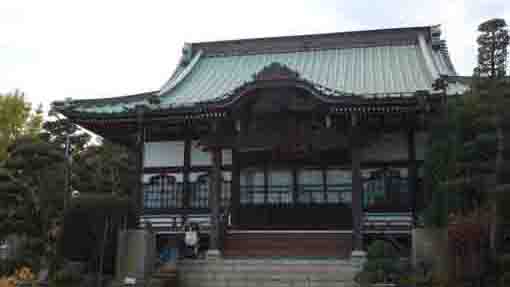
Soyasan Reirinji Temple
The shrine of Gozu Tenno, the god giving children to faithful couples, is dedicated in it.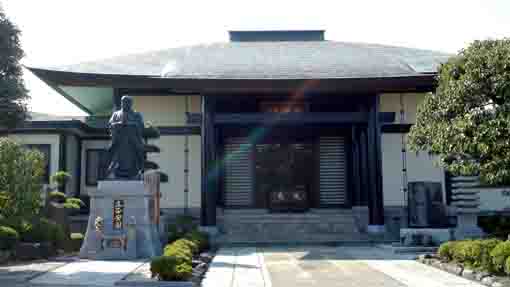
Kaigensan Honshoji Temple
It dedicates Daikokuten, the god of wealth, belonging to Ichikawa Shichifukujin.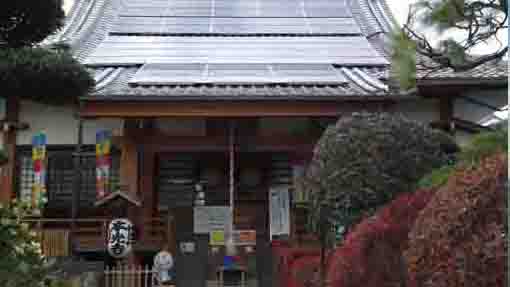
Koinsan Honkoji Temple
It is an old temple with 650 years history and it has Ono Tenmangu Shrine built by Masakado Taira.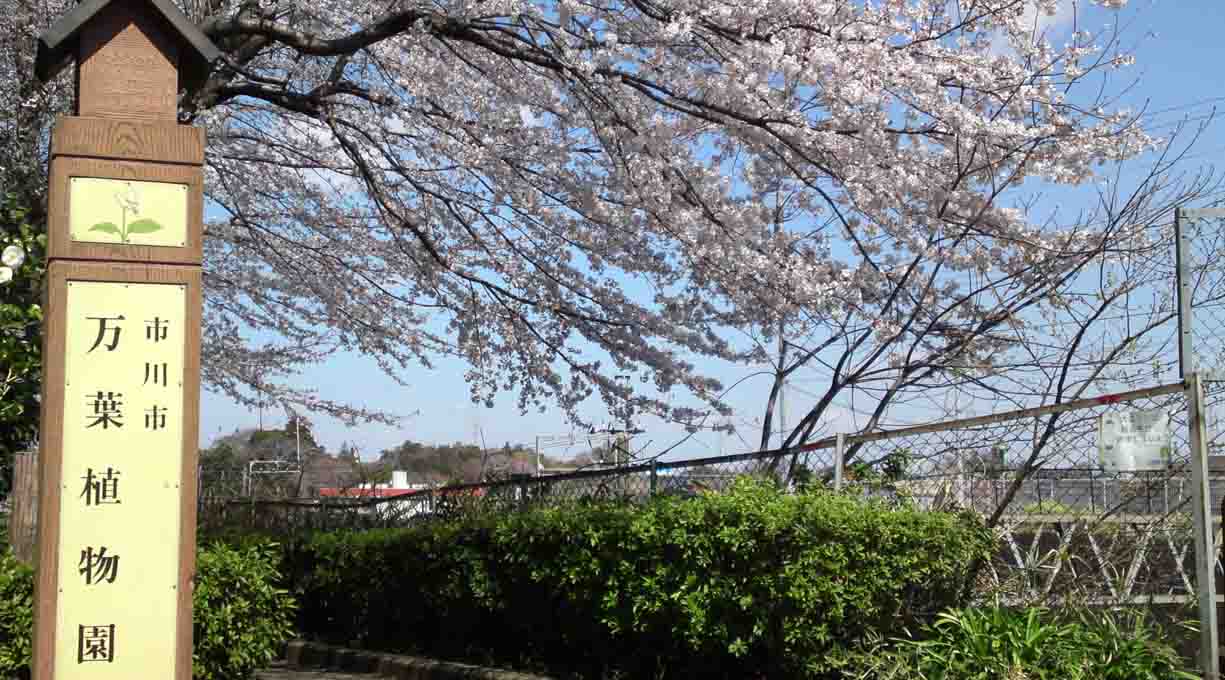
Manyo Botanical Garden
Many Flowers written in the Myriad of Leaves are exhibited with tanka poems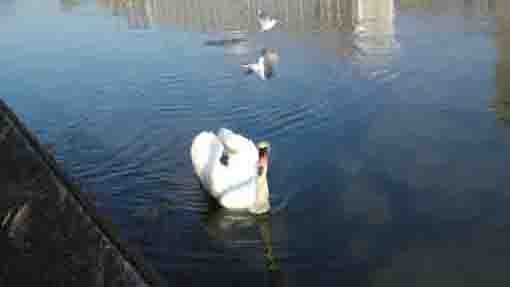
Kozato Koen Park
Swans and some waterfowls go on the pond surrounded by cherry trees in spring.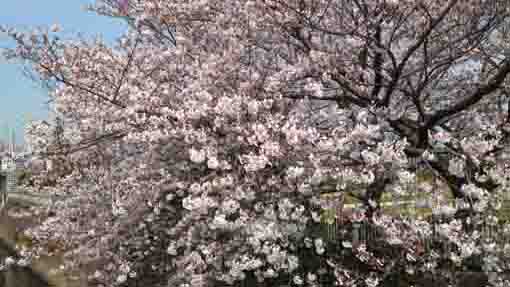
A Walk Along Ogashiwagawa River
Many attractive landmarks stand along it.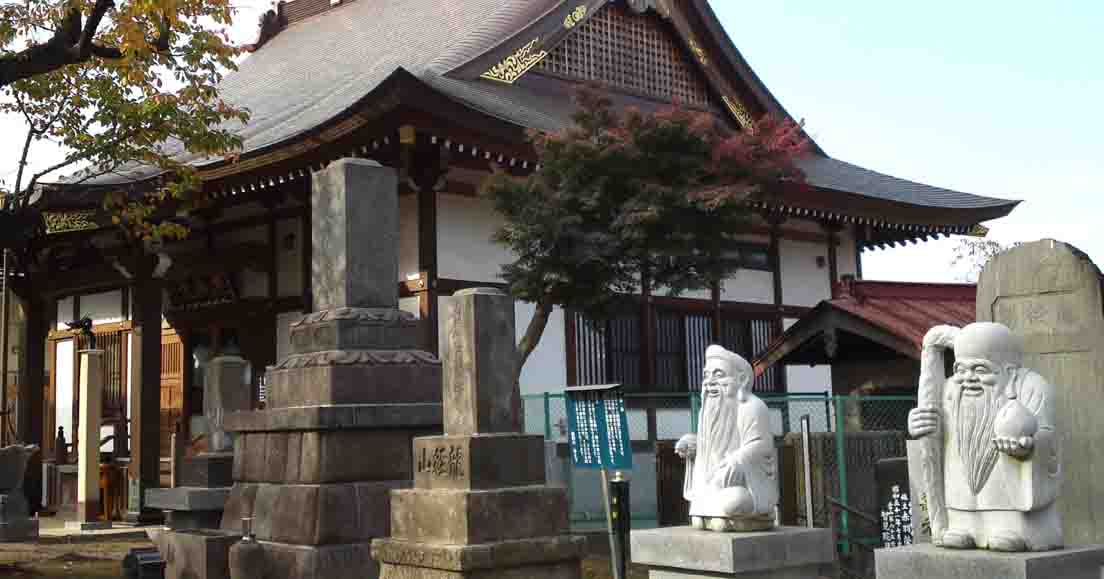
Ryukyosan Myoshoji Temple
The sacred temple covered with holy cherry trees is famous for the legend of Seven Sutra Mound and Shichifukujin in Ichikawa.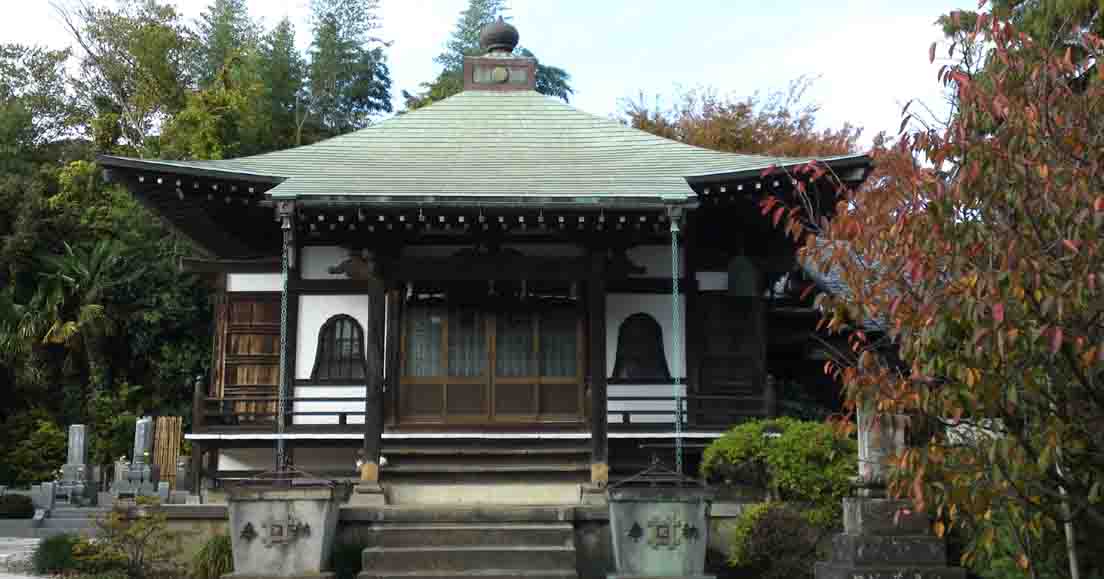
Homensan Anrakuji Temple
The first nunnery of Nichiren Sect built by the Princess Tokiwai, the legend said ther daughter of the Emperor drifted to Ichikawa.- 広告 Advertisement -
